What to Do After Being Pulled Over

It’s one of the worst feelings in the world. You’re trundling along, minding your own business and all of the sudden flashing lights pop up in your rear-view mirror; for one reason or another the constabulatory wants to chat. Here are some tips and suggestions to take the stress out of traffic stops.
Perhaps you were speeding, maybe one of your taillights is burned out or potentially ol’ smoky watched as you cut a church van off after passing three tractor-trailers on the shoulder. Whatever the case may be you’re out of action for the time being.
In spite of this less-than-desirable circumstance there are a number of things you can do to make this process as pleasant as possible for both yourself and the officer involved. Sgt. Andy Breidenich, public information officer for the Troy, Mich. police department said one of the best things is to “keep your hands on the steering wheel.” If the officer can get a visual on your paws he or she knows you’re not reaching for a gun stuffed in the map-pocket or trying to throw some illicit substances out the passenger window.
Traffic stops seem like a fairly simple if inconvenient matter to the average motorist but they’re potentially life threatening for law enforcement. “They don’t know the person driving,” said Breidenich, nor do they have any idea whether they’re walking into a dangerous situation. Beyond this he also added that the officer in question is out in the open and exposed to myriad threats, including other traffic; it’s understandable if some police are a little on edge.
When you notice flashing lights or hear a police siren don’t lollygag. “Pull over onto a side street or a parking lot, but pull over fairly quickly,” said Breidenich. Officers expect you to respond when they light it up, not drive a dozen blocks home and stop in your own driveway. Additionally, if it’s night try to pull over in a well-lighted area, not the darkened shoulder of a super-busy thoroughfare.
Additionally, “Having the interior lights on gives them a little more field of view,” said Breidenich. It lets the officer see what’s going on inside your vehicle.
Beyond this, “If you have passengers just have them sit patiently,” Breidenich said. More people mean more variables and potential danger for the officer involved. Beyond having the folks in your car stay quiet it’s also beneficial if they keep their hands in sight, again so the officer knows they’re not up to anything nefarious.
Believe it or not, respect is an important aspect as well. You don’t have to play nice, but if you’re prompt and polite with the police chances are they’ll reciprocate. Breidenich strongly suggested you turn any music off during traffic stops. It’s not a safety issue, but it shows the officer that you acknowledge their authority. Also, it’s best if you end any end calls you may be on. “I’ve had people carrying on conversations on their phone,” he said, which is obviously exceedingly rude. Hang it up during traffic stops, heck, that may be the reason you got pulled over in the first place.
Shutting the vehicle off can be another helpful thing to do. Obviously in winter you may want to keep it running to stay warm in sub-zero conditions but if possible, killing the engine lets the officer know you’re not going to try and run. Sometimes they’ll request that you shut ‘er down in situations other than a simple traffic stop so be aware of that.
According to Breidenich another thing you can do is “Just answer questions.” He said it’s ok to talk “but it’s also important to listen to the officer.” Again, this is a respect thing.
Lastly, you can turn your hazard lights on if you want but it’s not really necessary. Breidenich said it’s “kind of redundant” since the squad car will already be lit up like a dance-club on a Saturday night. It’s thoughtful but of dubious efficacy.
Traffic stops are never pleasant, but following these simple tips can help make the process as quick and painless as possible for both you and the officer. Many of these suggestions boil down to good, old-fashioned common sense, something that isn’t so common these days. If you play nice with the police you may get off with a reduced citation or even just a warning. Be careful out there.

Born and raised in metro Detroit, Craig was steeped in mechanics from childhood. He feels as much at home with a wrench or welding gun in his hand as he does behind the wheel or in front of a camera. Putting his Bachelor's Degree in Journalism to good use, he's always pumping out videos, reviews, and features for AutoGuide.com. When the workday is over, he can be found out driving his fully restored 1936 Ford V8 sedan. Craig has covered the automotive industry full time for more than 10 years and is a member of the Automotive Press Association (APA) and Midwest Automotive Media Association (MAMA).
More by Craig Cole



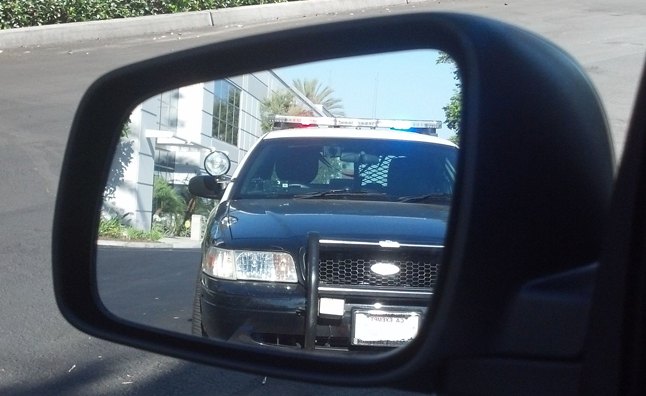












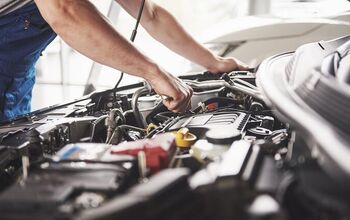
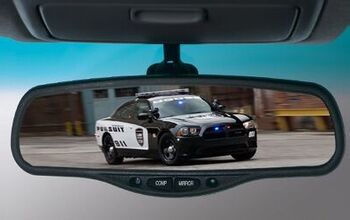
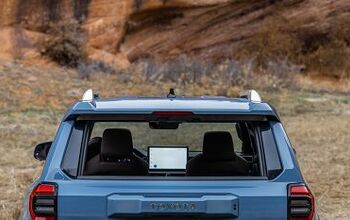







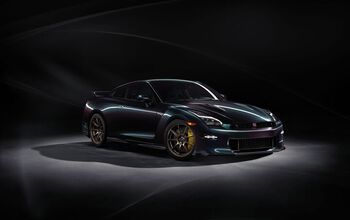


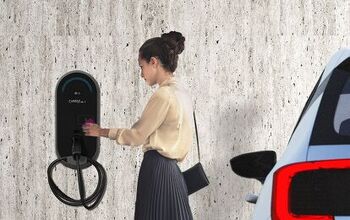


Comments
Join the conversation
I'll add to remove your hat and put it on the dash, 5-0 really take that as a submission.
Constabulatory? Howzabout constabulary?